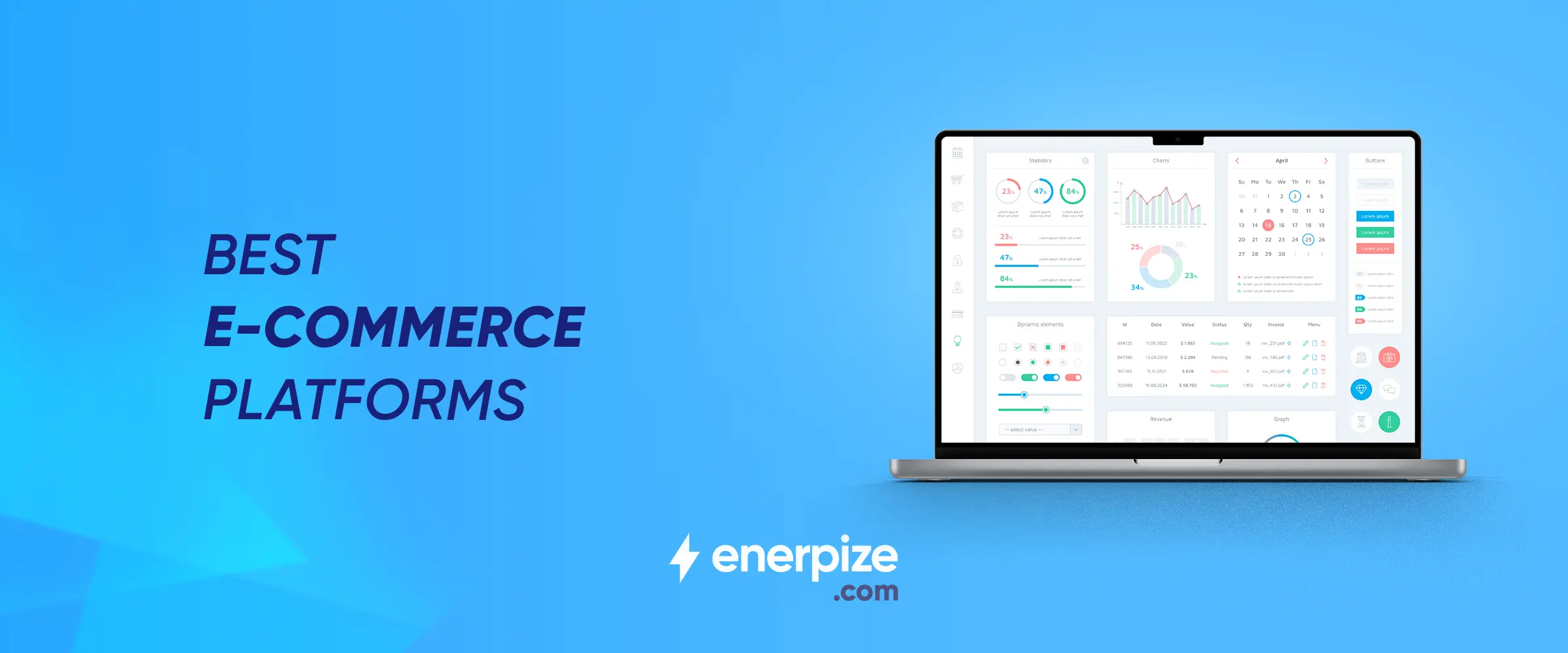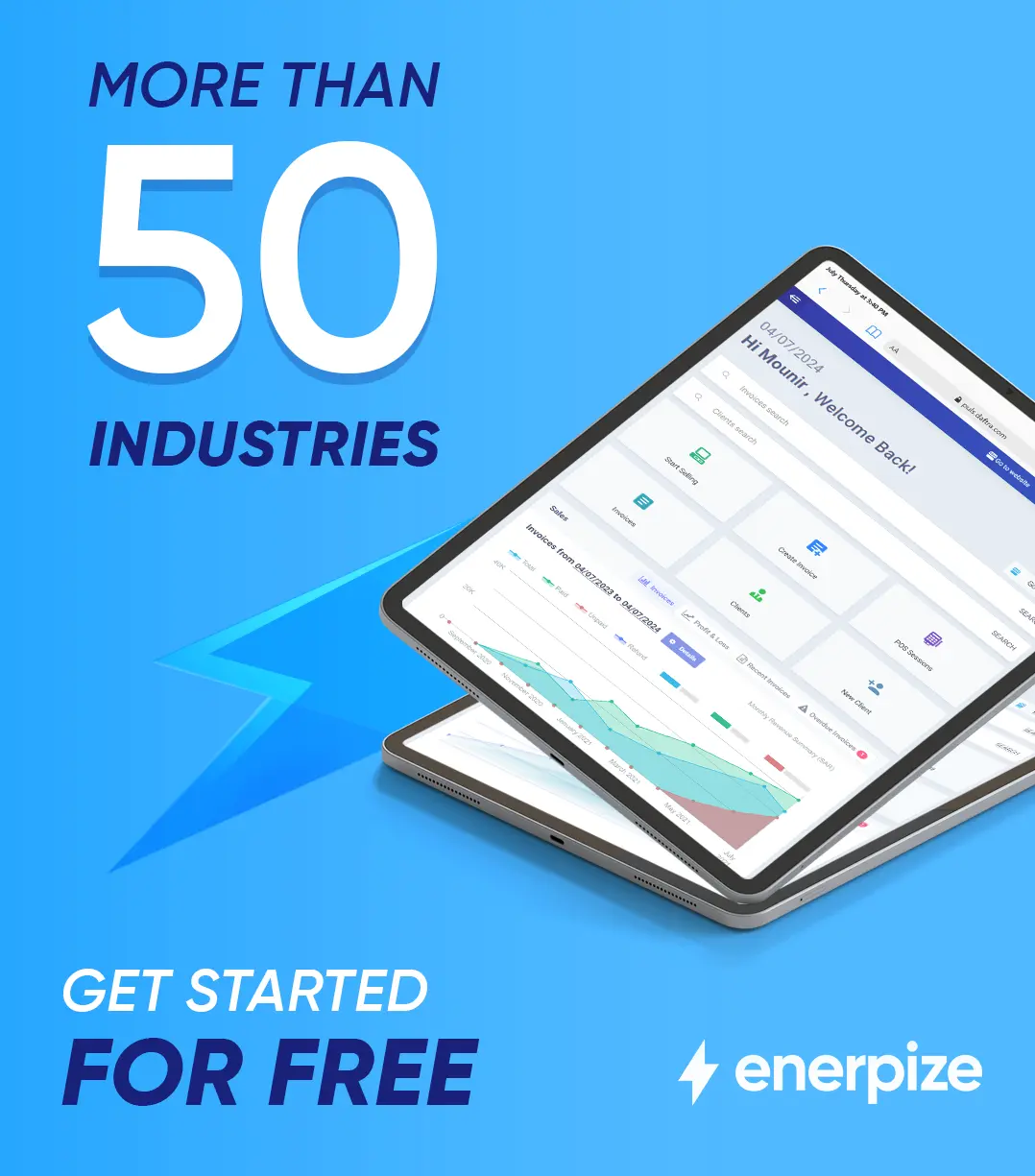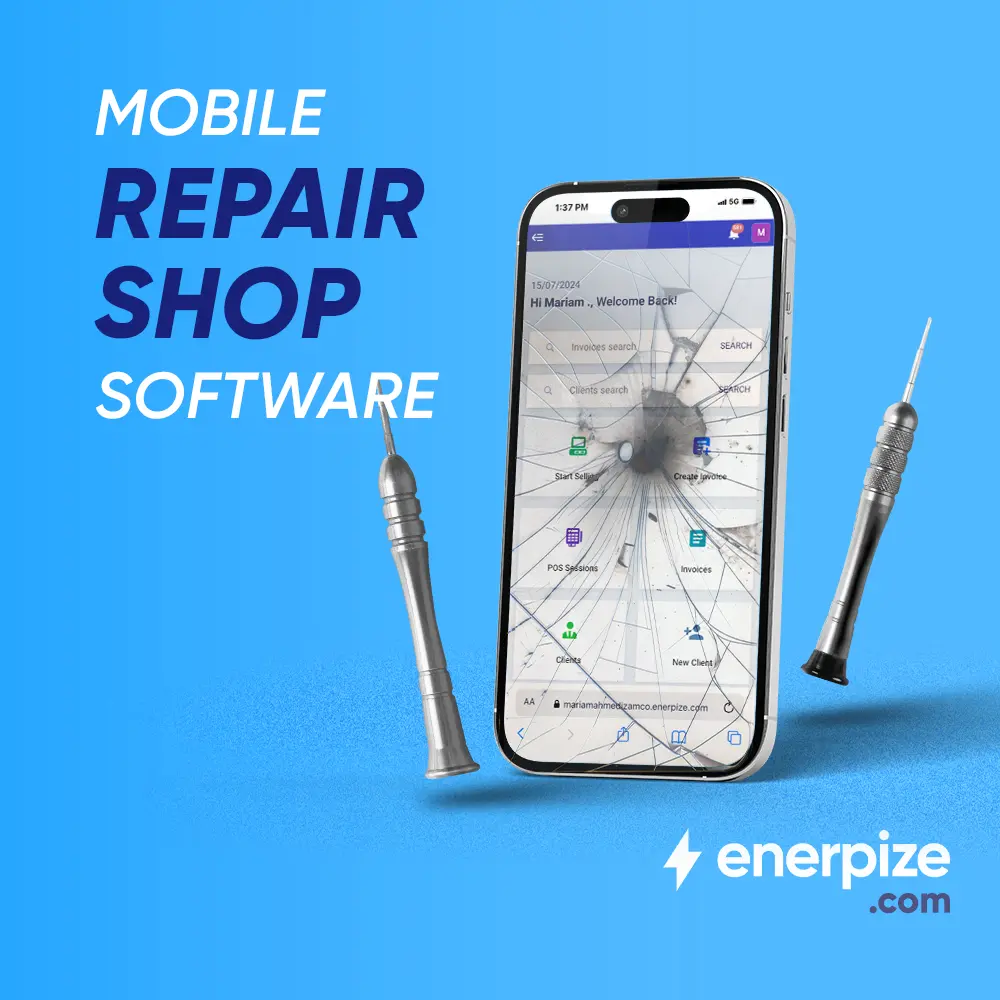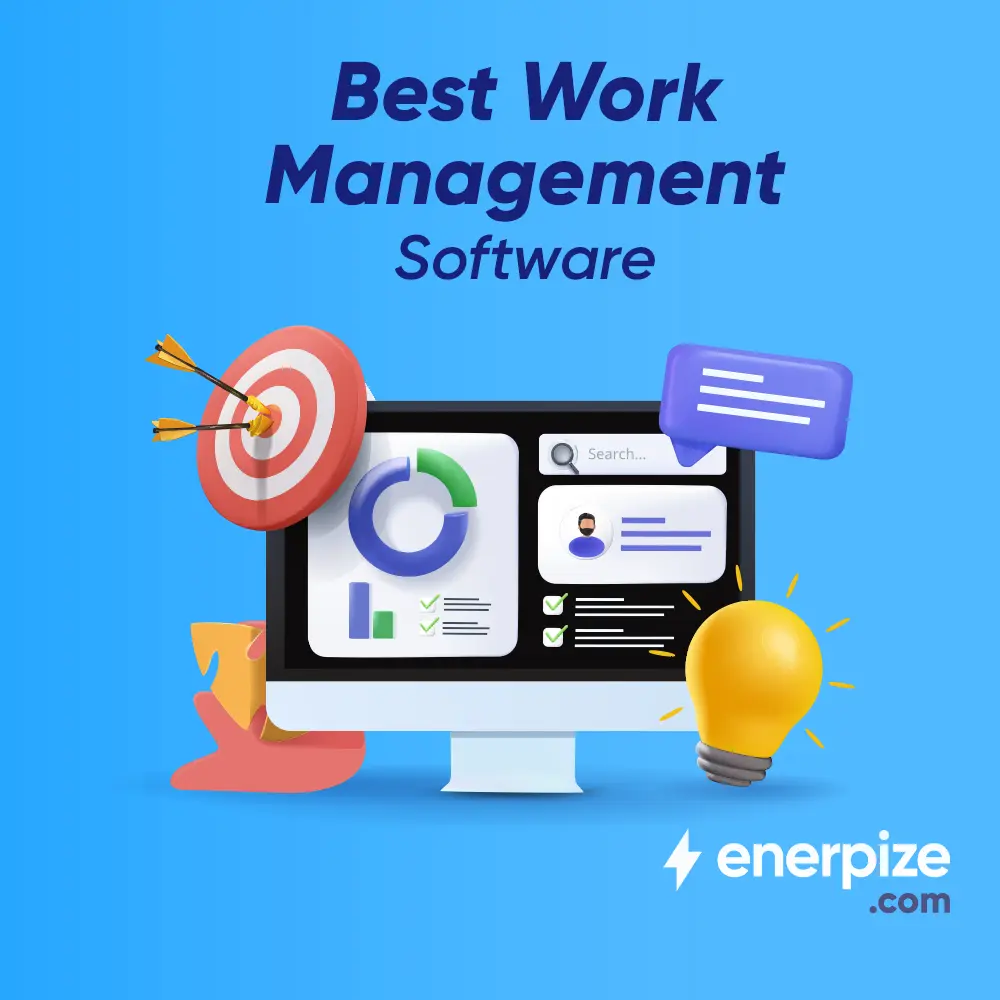Author : Haya Assem
Best E-Commerce Platforms for Growing Companies

Table of contents:
Launching an online store is not about only choosing products and setting prices; it starts with selecting the right foundation for your business. An effective eCommerce platform can shape everything from your brand's visibility to your customers’ shopping experience.
If you're starting or scaling up, today’s smart solutions offer more than just a storefront; they deliver powerful tools for marketing, inventory, payments, and customer engagement. The right choice will help you simplify operations, boost conversions, and ensure long-term growth. In this article, we explore five exceptional platforms designed to help your business shine online.
1- Shopify
Shopify is a leading eCommerce platform known for its simplicity, scalability, and comprehensive suite of tools. Whether you're a beginner or an experienced merchant, Shopify makes it easy to set up, manage, and grow your online store.

Features
- Drag-and-drop store builder: Create a professional storefront with no coding required.
- Payment integration: Accept payments through Shopify Payments or hundreds of gateways.
- App ecosystem: Access thousands of apps to extend your store’s functionality.
- Mobile-friendly: Fully responsive themes optimized for mobile shopping.
- Multi-channel selling: Sell on social media, marketplaces, and in-person with POS.
Pros
- Beginner-friendly: Extremely intuitive and quick to set up.
- Scalable: Suitable for businesses of all sizes.
- Strong support: 24/7 assistance and an active community.
- Secure hosting: High-performance infrastructure included.
Cons
- Monthly cost: Pricing can increase with add-ons and growth.
- Limited design flexibility: Advanced customization may require developer help.
Read Also: Top 5 Sales Compensation Software Options Compared
2- WooCommerce
WooCommerce is a flexible, open-source eCommerce plugin built for WordPress. It gives you full control over your online store and is ideal for businesses that want extensive customization.

Features
- WordPress integration: Seamlessly turns any WordPress site into a full-featured store.
- Customizable checkout: Modify checkout flows, fields, and payment methods.
- Extensions marketplace: Add features like subscriptions, bookings, and more.
- SEO-friendly: Leverages WordPress’s robust SEO capabilities.
- Open-source codebase: Gives developers total freedom over the backend.
Pros
- Budget-friendly: Free to start, especially for WordPress users.
- Customizable: Highly flexible with themes and plugins.
- No platform fees: No recurring costs from WooCommerce itself.
- Large community: Strong third-party ecosystem for support and plugins.
Cons
- Technical setup: Requires some web development knowledge.
- Manual maintenance: Users are responsible for hosting and security.
Read Also: Best Social Media Management Tools
3- Salesforce Commerce
Salesforce Commerce (formerly Demandware) is an enterprise-grade eCommerce solution designed to help large businesses manage omnichannel operations with advanced automation and AI-driven insights.

Features
- Unified commerce management: Manage digital and physical sales channels in one place.
- AI personalization: Salesforce Einstein delivers personalized shopping experiences.
- Multi-site and multi-language support: Ideal for international expansion.
- Real-time inventory and order tracking: Syncs with ERP and POS systems.
- Integrated CRM tools: Seamless connection with Salesforce Sales and Marketing Clouds.
Pros
- Enterprise scalability: Handles complex operations across multiple channels.
- Smart personalization: AI tailors the shopping experience in real time.
- Full Salesforce integration: Leverages CRM and marketing features.
- Managed cloud hosting: Offers high performance and security.
Cons
- Expensive: High cost makes it less accessible for small businesses.
- Complex to use: Requires training and onboarding for non-enterprise users.
Read Also: What Are Best Email Marketing Software?
4- SAP Commerce Cloud
SAP Commerce Cloud is an enterprise-level platform that supports complex B2B and B2C eCommerce needs. It's known for handling high-volume transactions and offering deep customization through cloud infrastructure.

Features
- Modular architecture: Customize features to match business needs.
- B2B and B2C support: Serve multiple audiences with tailored experiences.
- Omnichannel commerce: Connect web, mobile, in-store, and call center experiences.
- Product content management: Centralize and manage large catalogs.
- Cloud-native: Runs on Microsoft Azure for scalability and reliability.
Pros
- Highly customizable: Tailor the platform to fit complex workflows.
- Enterprise-ready: Designed to manage large-scale commerce operations.
- Strong integrations: Seamlessly works with SAP’s ERP and CRM systems.
- Global scalability: Optimized for high-traffic and international markets.
Cons
- High cost: Licensing and implementation can be expensive.
- Steep learning curve: Requires technical expertise for setup and ongoing use.
Read Also: Best Accounting Software Your Business Needs
5- Ecwid
Ecwid is a lightweight, cloud-based eCommerce platform that allows users to add online store functionality to any existing website. It’s ideal for small businesses that want to start selling quickly without a full site overhaul.

Features
- Easy integration: Add to any CMS like WordPress, Wix, or custom websites.
- Instant store setup: Launch a store with minimal effort and no coding.
- Social selling: Sell directly on Facebook, Instagram, and TikTok.
- Mobile POS: Accept payments in person using a smartphone or tablet.
- Multilingual and multi-currency: Expand to global customers easily.
Pros
- Quick setup: Great for launching a store fast.
- Affordable: Free plan available with essential tools.
- Easy integration: Works with your existing website.
- Low maintenance: No technical upkeep required.
Cons
- Limited scalability: Not ideal for complex or high-volume stores.
- Basic customization: Fewer design and backend options compared to larger platforms.

Managing your business is easy with Enerpize.
Try our software to increase your revenues.








